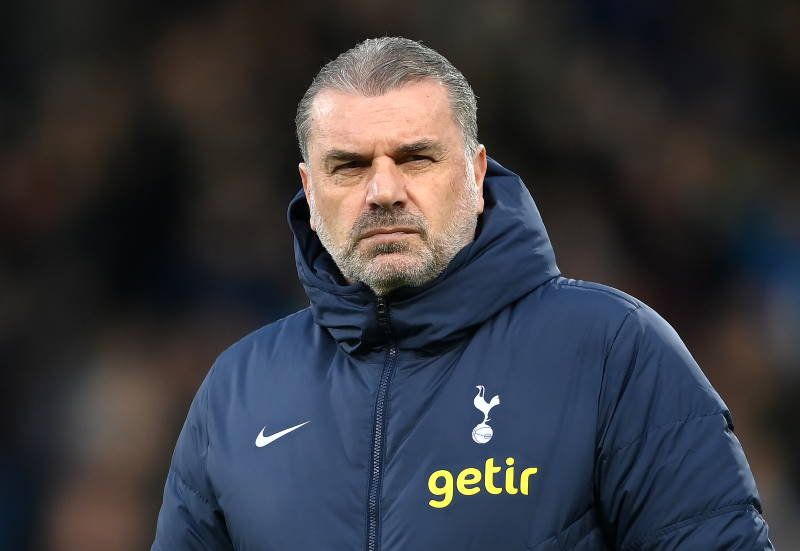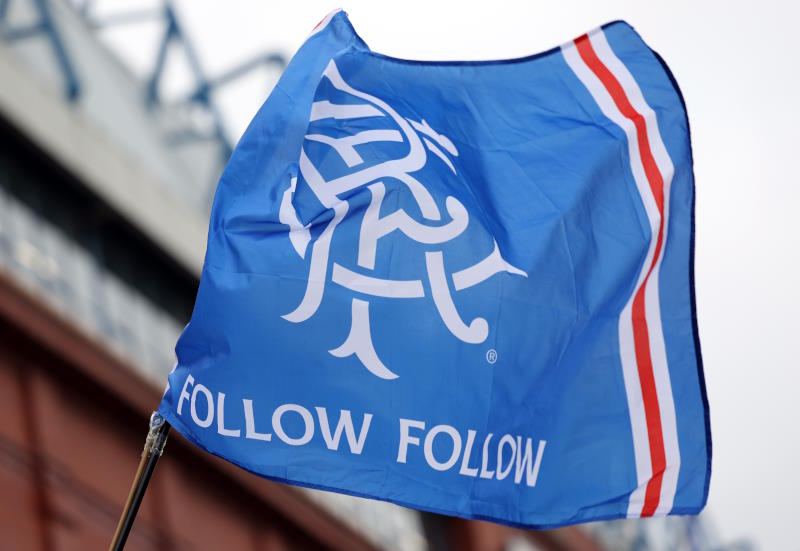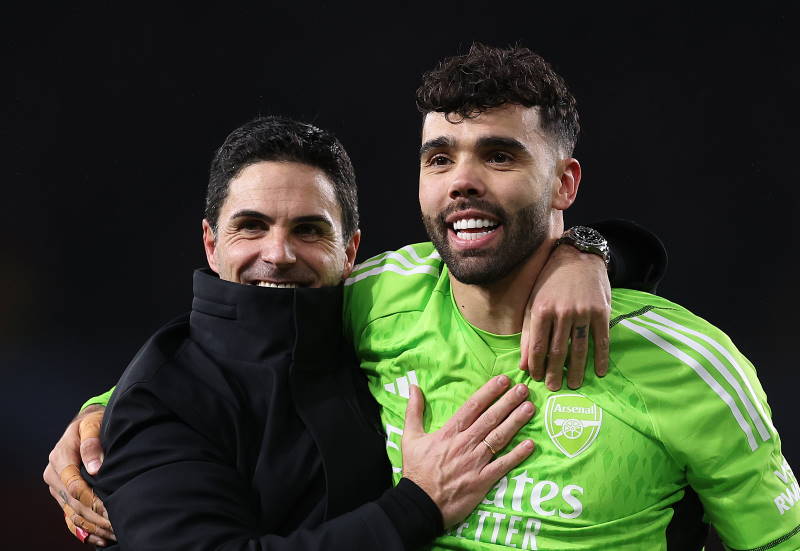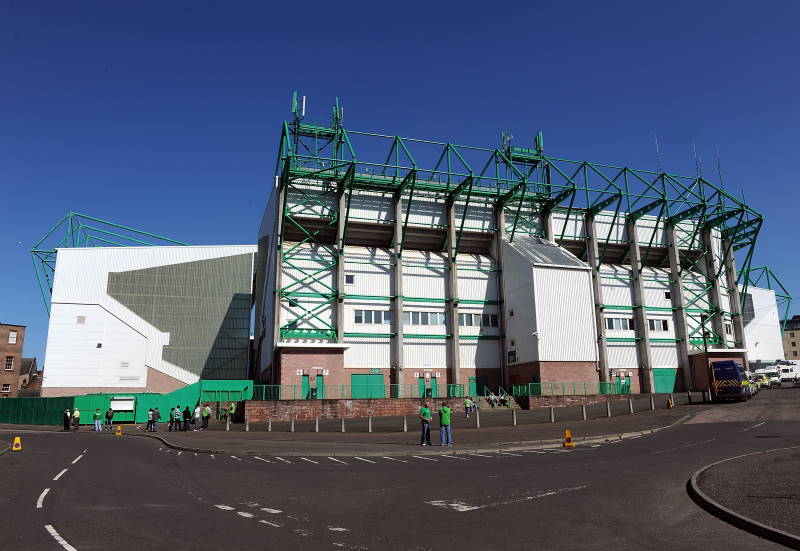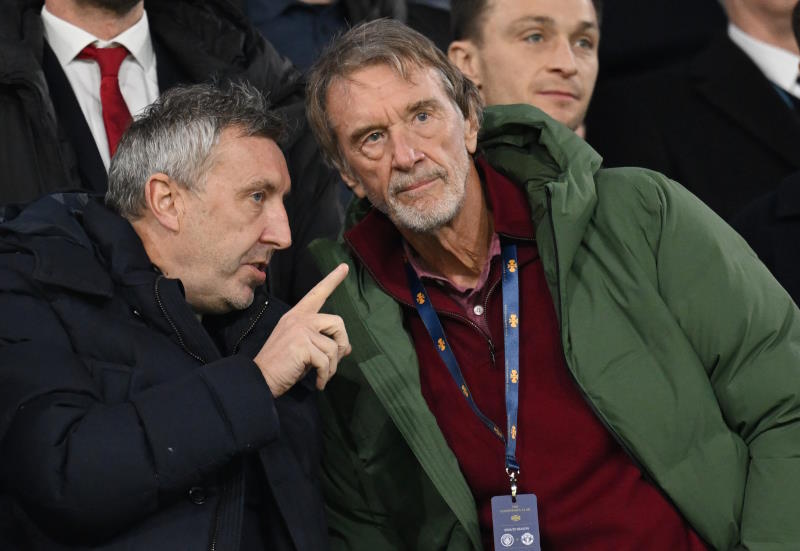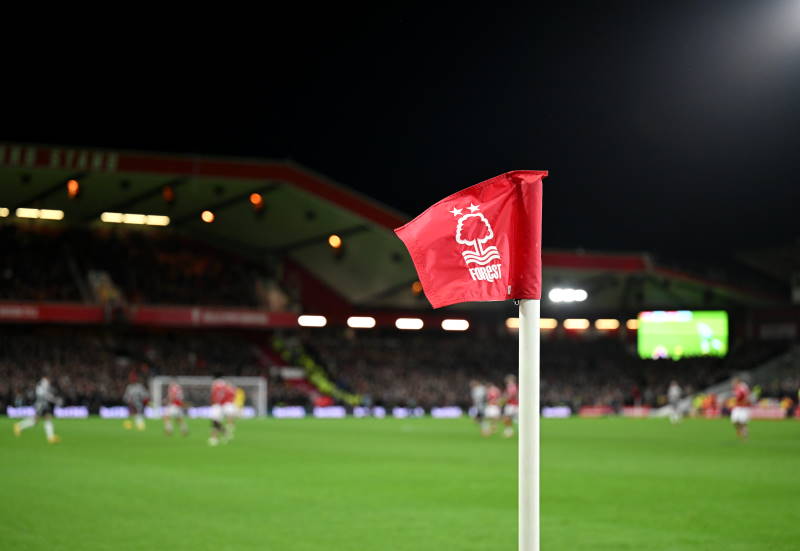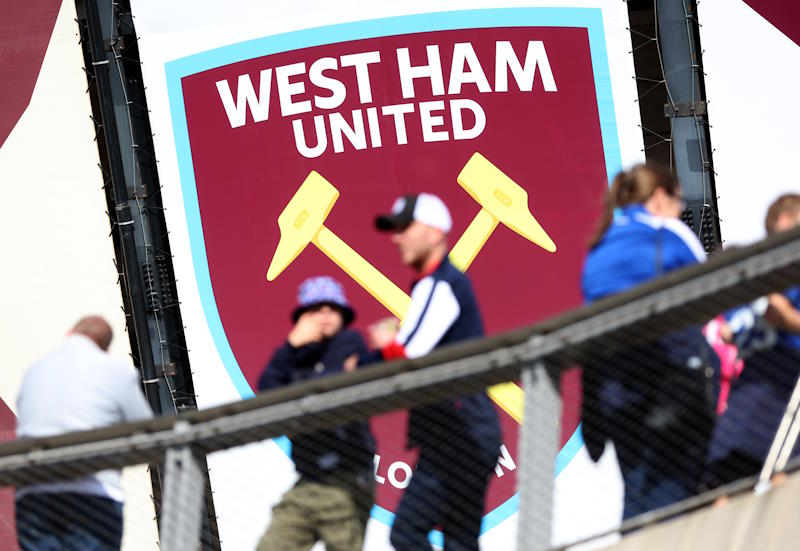
Four Champions Leagues, with three different clubs, two Dutch Eredivisie titles, one Spanish La Liga, two Italian Serie As, a spot in FIFA’s top 100 living footballers and other numerous accolades – Clarence Seedorf has done it all and even now shows no sign of slowing down.
Seedorf has played for only the best, starting his career at Ajax before leaping to Serie A with Sampdoria before joining Real Madrid. From Spain it was back to Italy with first Inter and then AC Milan, where he has played since 2002. The Dutchman might be 35 years old, but he is still considered one of the finest midfielders in the game.
A student of the game he loves too, Seedorf espouses a range of interesting views. Inside Futbol went to meet the legend:
Inside Futbol (IF): Clarence Seedorf, after an impressive 4-0 win over Arsenal in the first leg of the Champions League Round of 16, AC Milan are very close to breaking their recent negative tradition against English clubs in the Champions League, wouldn’t you say?
Clarence Seedorf (CS): I have never seen any negative tradition to break. It is only a question of cycles. Both Milan and Arsenal are different teams compared to those of 2008 (Arsenal beat Milan in the Champions League in 2008. Ed). Weaker or stronger, that’s not the point. Milan are currently starting a new cycle, while Arsenal are still working on theirs.
IF: Can Milan be considered serious candidates to lift the Champions League then?
CS: That’s our aim. After we won the Scudetto in 2011, we are back on top in Italy, while in Europe we’re currently a step below the top. Last season was important for us to win Serie A. Let’s become the best team in Italy once again we said, and then we’ll work on our international competitiveness. Step by step, I think we are doing a good job.
IF: The current Barcelona side still seem head and shoulders above everyone else. What do you think about that?
CS: Barcelona are full of world-class footballers, who are currently the very best in their respective roles. As I said before however, it is more a question of cycles than of styles. Barcelona’s style has not changed much in the last decade, but they have never had a team of champions like they do at the moment.
IF: How wide do you think the gap between Serie A and the other big leagues, like the English Premier League or Spanish La Liga is?
CS: Not as wide as some think. If we take a look at the Champions League winners’ list, we can see that Milan won the trophy in 2007 and Inter did it in 2010. Thus, if we talk about on the pitch success, the differences are not that big. This isn’t to deny that Italian clubs made mistakes in the past though, like depending too much on the money of their owners.
IF: Speaking of Inter, what do you think is happening to your city rivals?
CS: The departure of Jose Mourinho left a hole nobody has been able to fill, yet. Some people at Inter still live in the past, thinking about the Portuguese coach. The supporters are doing it too. But you won’t go very far this way.
IF: Do you think the Champions League will become a playground for the big spenders in the future? Teams like Manchester City, Paris Saint-Germain, Anzhi Makhachkala…?
CS: I hope not, because a competition in which the winners are always the same becomes boring. Even if large investment doesn’t necessarily mean greater quality. With money you can buy great players, but not a winning project. Moreover, a club can overcome a lack of big money with creativity. It is not easy to do, but it is possible.
IF: What is your view on a club like Anzhi Makhachkala, without much history, becoming a rising power in the game?
CS: They represent the spirit of our times. The global economy is increasingly driven by emerging powers outside western Europe. It is the same for football. Anzhi are trying the Champions League. It doesn’t matter that they have no history. Chelsea didn’t either. I mean to say, before [Roman] Abramovich arrived, they had won almost nothing and they did not have any status in Europe. However, they built an extremely competitive team over the previous years. The real difference between them is the city. London is wonderful, while Makhachkala… I don’t think so.
IF: I suppose it isn’t. Even the Anzhi players do not live there, but in Moscow. But what if the Dagestan club offered you a contract?
CS: They never have, so I can’t speak about it.
IF: Maybe it’s easier to see Clarence Seedorf back in Holland, with Ajax?
CS: Of course, Ajax is a club that will always be in my heart. My career started there. I feel pain reading about the war in the boardroom. It is sad. The chaos within the club surely doesn’t help the team in this moment of a financial crisis. Moving back to Ajax though? Maybe someday, but only if the club is free from turbulence.
IF: What about Holland? Do you still think you have a chance to go to Euro 2012?
CS: No, I don’t. I must be realistic. Despite being a regular with Milan in the last few years, it has not been enough to get a call from the coach [Bert] van Marwijk. I hoped to be selected for the 2010 World Cup campaign, but it didn’t happen. Life doesn’t always go as planned. However, I know I can look everybody in the eye. This is the only thing that matters to me.
IF: You’ve played 159 Champions League games so far, travelling almost everywhere in Europe. What’s the most unusual place you have been to?
CS: Good question, but impossible to answer. We almost never have time to visit a city when we play away from home. We just see the airport, a hotel and the stadium. Then we go back home.
IF: With 20 trophies won, amongst those four Champions Leagues with three different clubs, what else do you want from your career?
CS: To play for another two or three years at the highest level. I work hard every day to be perfectly fit. No smoking, no drinking and a lot of physiotherapy – that is important not only when you are recovering from an injury. And believe me, at the beginning of every season my will to win is always the same.
IF: Travelling, training, playing, again and again. Have you ever felt too old for football?
CS: No and I don’t like it when people consider a 30-year-plus player as being ready to hang up their boots. There are players of 35 who are fitter than players of 22. Look at Ryan Giggs for example or Paul Scholes. It’s not only a question of experience, but also of quality and mental strength. Paolo Maldini played great until he was 40, always giving his best. When I made my debut at 16 with Ajax, there were players like Frank Rijkaard, Danny Blind and the De Boer brothers, from whom you could learn a lot – both on and off the pitch. It was the same at Real Madrid with Fernando Hierro and Manuel Sanchis. Please don’t judge a players worth by looking at his date of birth. Judge him for what he does on the pitch.


